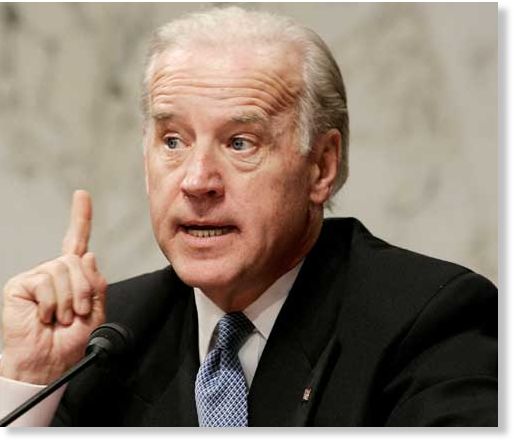U.S. urges Iran to return to negotiating table

By Sara Rajabova
US Vice President Joe Biden, who is in Munich to attend the annual Munich Security Conference on Friday, pushed Iran to return to negotiations over its nuclear program.
In his interview to the Sueddeutsche Zeitung newspaper, Biden offered Iran direct negotiations, by saying there is time and flexibility for direct diplomacy and also warning that the diplomatic window would not be open indefinitely.
Echoing the consistent message of the White House, Biden vowed that the U.S. would prevent Iran from developing a nuclear weapon, which he said would be a direct threat to US security.
Besides, outgoing U.S. Secretary of State Hillary Clinton earlier said that the window for negotiations with Iran about its nuclear program cannot stay open for "too much longer," Reuters reported.
Clinton said "they are preoccupied with their internal political calculations and that's far more important to them right now than setting a date and a time" to meet the six major powers: Britain, China, France, Germany, Russia and the United States.
On the other hand, European Union foreign policy chief Catherine Ashton expressed confidence that there will soon be a meeting between Iran and the P5+1 group.
However, Iran rejects the claim by the U.S. that it is delaying talks by failing to agree to a proposal on the venue and time of the next round of talks, and accuses the West of delaying the nuclear talks.
Recently, member of the Iranian Majlis Foreign Policy and National Security Ahmad Bakhshayesh-Ardestani said that the P5+1 group was seeking to put off negotiations with Iran until the country's upcoming presidential election.
"Iran announced its readiness for a new round of talks with the P5+1 long ago but the group seeks to kill time and uses any excuse to put off the negotiations with Iran," Bakhshayesh-Ardestani said.
The U.S. and Western countries of the P5+1 -- comprising Britain, China, France, Russia and the U.S. plus Germany -- seek to delay nuclear talks with Iran and kill time until the 11th presidential election so that they can change the process of negotiations, he added.
Also, Iran's Foreign Minister Ali Akbar Salehi said no new date or venue has been set for the next round of talks between Iran and the group.
Iran and the P5+1 group have held several rounds of multifaceted talks mainly over the Iranian nuclear energy issue. The last round of negotiations between Iran and the group was held in Moscow in June 2012.
The United States, Israel and some of their allies have repeatedly accused Iran of pursuing non-civilian objectives in its nuclear energy program.
The six powers want to rein in Iran's uranium enrichment program to ensure it is geared only for civilian energy, through a mix of diplomacy and sanctions. Iran denies Western assertions it is seeking nuclear weapons capability.
Iran stresses that the country has always pursued a civilian path to provide power to the growing number of Iranian population, whose fossil fuel would eventually run dry.
Tehran is now under four rounds of UN Security Council sanctions for turning down the West's calls to give up its right of uranium enrichment.
Tehran has dismissed the West's demands as politically tainted and illogical, stressing that sanctions and pressure merely consolidate the Iranians' national resolve to continue the path.
